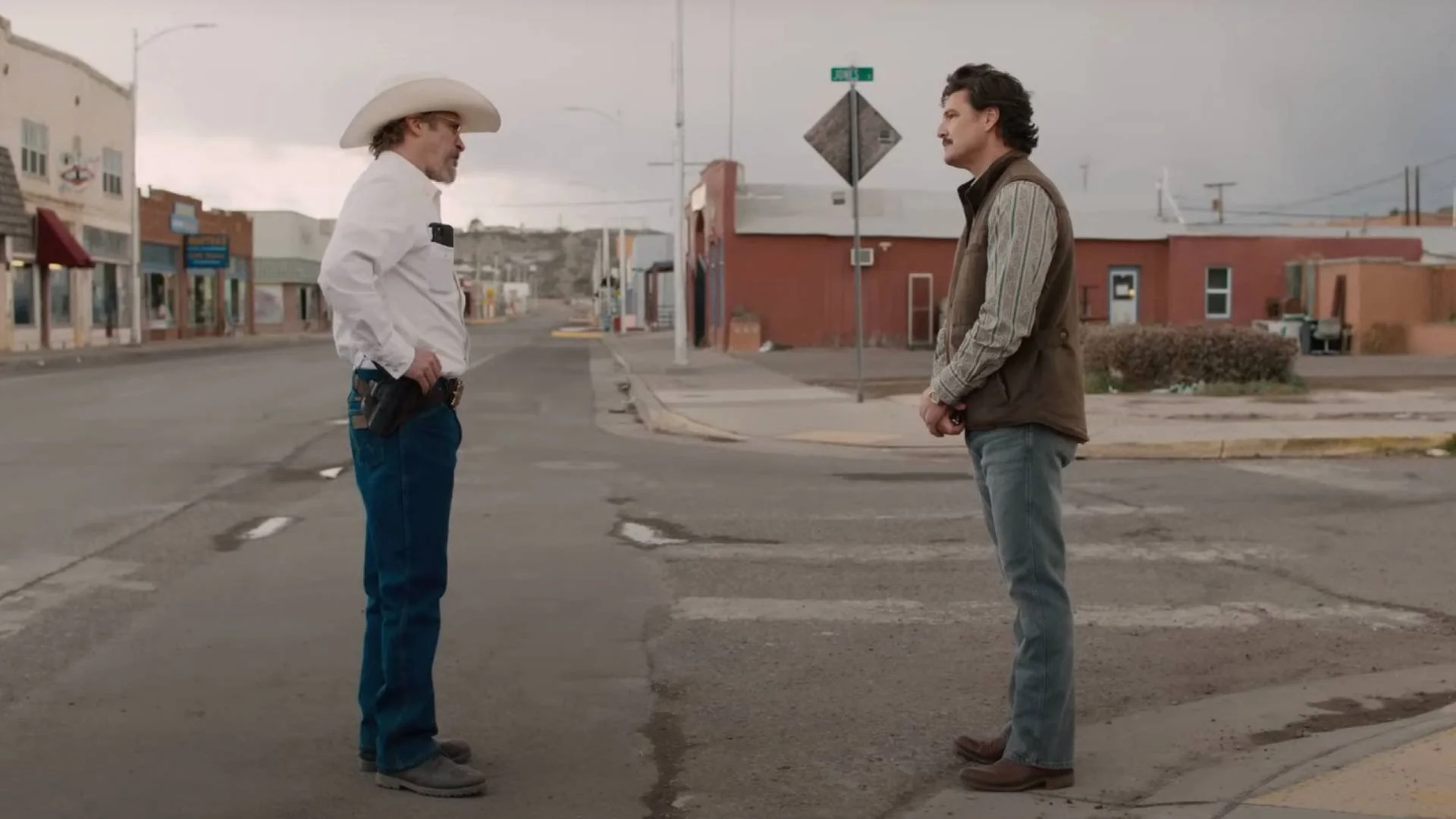Sirāt
Sometimes in chasing after something, you risk losing what you already have.
Sirāt, Óliver Laxe’s latest film and a sensation at the 2025 Cannes Film Festival, has now started its global theatrical run. On paper, the story sounds straightforward: Luis and his son Esteban travel across the Moroccan desert, moving between desert raves, in search of their daughter and sister who left on a dance trip months ago and never returned. This is the official synopsis — but in reality, it is only the setup. By the midpoint, the film almost forgets its own premise.
Instead, Sirāt becomes a road movie — a story about encounters with strangers, about recklessness, about searching for identity, and about what happens when you abandon logic and self-preservation. It is beautifully shot, with striking sound design, moments of genuine surprise, and even shock. Yet it ultimately leads to a sense of emptiness, a conclusion that feels hollow compared to the weight its premise promised.
Throughout the film, I kept sensing that there was something hidden beneath the surface. But as an Eastern European viewer, I admit I wasn’t equipped to understand it right away. Growing up, I was never taught about the Western Sahara conflict; it simply wasn’t part of my education. After the screening, I had to dive into Wikipedia articles and search through critic reviews from Cannes — only to find that none of them even mentioned this context. Sirāt is, at its core, a film about colonialism and war.
There’s a telling moment when the characters talk about heading to a rave “on the border between Morocco and Mauritania.” These two countries don’t share a border — unless you count the disputed territory of Western Sahara. Suddenly, the background details — soldiers, UN peacekeepers, the Moroccan Wall stretching across the desert, and the ominous final act — made sense. Yet the film never acknowledges it. It treats the world’s most heavily mined land and the suffering of hundreds of thousands as a backdrop, an exotic setting for shock and spectacle.
In fact, one of the most insightful reflections I found was not in official festival reviews, but in a thoughtful piece on Letterboxd (in Spanish), which directly addresses the film’s connection to the Sahrawi conflict. I encourage you to read it.
Sirāt is therefore not a story about a missing daughter, or about rave culture, or about stupid carelessness. It is the story of Europeans wandering through one of the most violent and forgotten regions on Earth, oblivious to its history, using it as an adventure ground. The final shot — the protagonists on a train with local residents, heading deeper into the desert — says it all. They are moving into emptiness, and so does the film.
French-Spanish director Laxe surely understands the deeper context and plays around it, but he refuses to share it. Call me stupid, but how will an average viewer in Europe or America ever grasp what this film is brushing up against if it isn’t trying to tell them? What remains is a visually captivating work that hides from its own subject matter for the sake of being “bombastic.”
5/10




